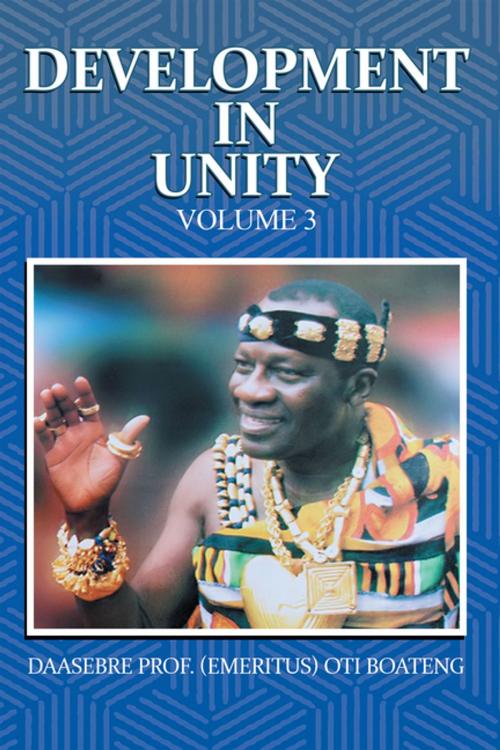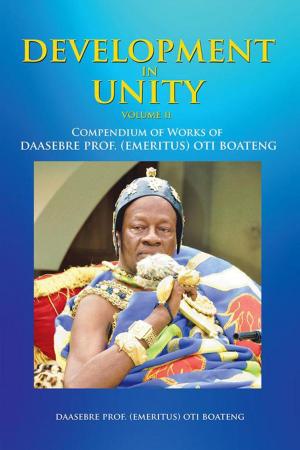Development in Unity Volume 3
Compendium of Works of Daasebre Professor (Emeritus) Oti Boateng
Nonfiction, Reference & Language, Reference, Guides & Handbooks, Education & Teaching, Business & Finance| Author: | Daasebre Prof. (Emeritus) Oti Boateng | ISBN: | 9781482878547 |
| Publisher: | Partridge Publishing Africa | Publication: | January 4, 2019 |
| Imprint: | Partridge Publishing Africa | Language: | English |
| Author: | Daasebre Prof. (Emeritus) Oti Boateng |
| ISBN: | 9781482878547 |
| Publisher: | Partridge Publishing Africa |
| Publication: | January 4, 2019 |
| Imprint: | Partridge Publishing Africa |
| Language: | English |
This Volume, a scholarly piece of development thoughts, discusses in Part One the new concept of development embracing a much more inclusive view of increasing the welfare of societies followed by a critical examination of the various development theories and practices that underpinned the global development order over the greater part of the 20th century in both classic and contemporary contexts. It then discusses the unique contribution of the author’s award-winning Root-based Model to the development process The Root-based Model provides a desirable bridge between the dominant growth-concentrated development pattern and the alternative development paradigm. In addition to it’s institutional networking dynamics utilizing the power of shared information for sustainable community development, the model resolves the critical issue of integrating the citizens sector into the national development process through a genuine participatory approach. Part Two encapsulates various research works and papers over the years by the author that keep resonating on the development landscape and illuminate much of the discussions in Part One. The book urges developing countries to adopt solutions suited to their cultures and local constraints instead of importing ‘best practices’ which may not fit into the key policy issues of development in the local context.
This Volume, a scholarly piece of development thoughts, discusses in Part One the new concept of development embracing a much more inclusive view of increasing the welfare of societies followed by a critical examination of the various development theories and practices that underpinned the global development order over the greater part of the 20th century in both classic and contemporary contexts. It then discusses the unique contribution of the author’s award-winning Root-based Model to the development process The Root-based Model provides a desirable bridge between the dominant growth-concentrated development pattern and the alternative development paradigm. In addition to it’s institutional networking dynamics utilizing the power of shared information for sustainable community development, the model resolves the critical issue of integrating the citizens sector into the national development process through a genuine participatory approach. Part Two encapsulates various research works and papers over the years by the author that keep resonating on the development landscape and illuminate much of the discussions in Part One. The book urges developing countries to adopt solutions suited to their cultures and local constraints instead of importing ‘best practices’ which may not fit into the key policy issues of development in the local context.















